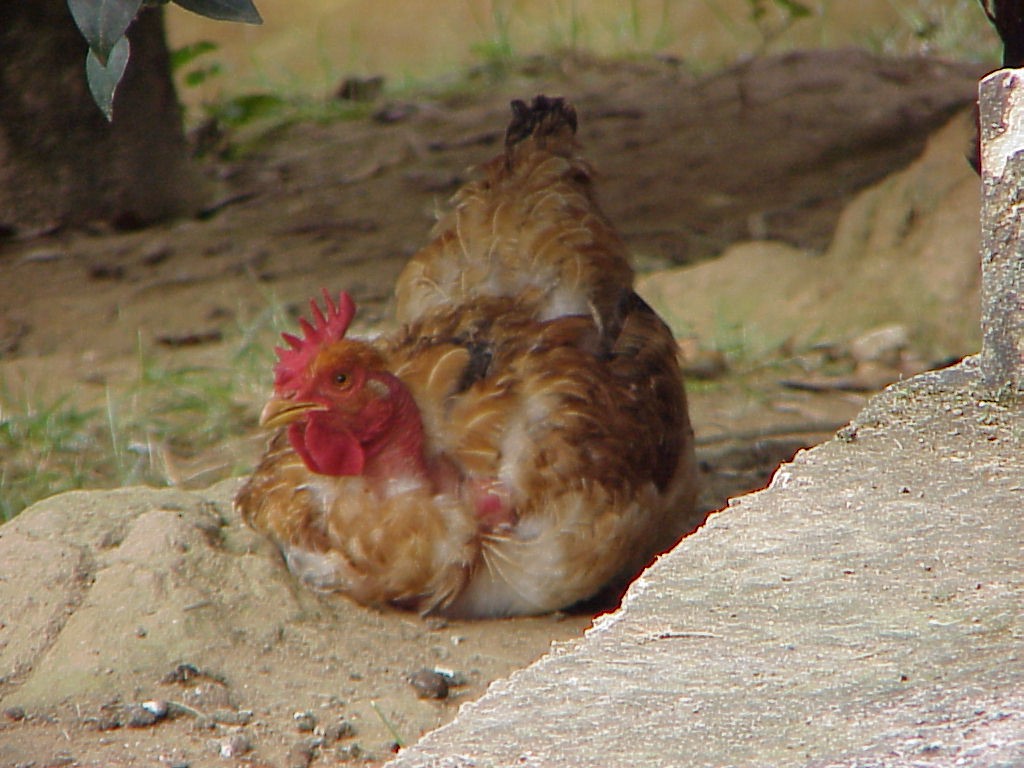
If you keep chickens, you need to be prepared not only for the day to day care of your hens, but also for those unforeseen problems which crop up from time to time. One way to do this is to make sure that you have all the essential poultry supplies you need and so we thought we’d put together a list of essential chicken keeping equipment and supplies that you need to have on hand.
Every Day Chicken Care
The most important supplies that chickens need on a daily basis are food and water. The main types of food are layers pellets or mash and mixed corn. In addition, you will also need grit and crushed oyster shell. Grit is needed because it is used in the stomach of the animal to help break up the food for digestion (which is why we always see chickens scratching and pecking at the ground) and oyster shell helps keep the hens’ egg shells stronger.
In order to boost the health of their chickens, many keepers regularly add a poultry tonic to keep them in good condition. Commonly used varieties include Poultry Spice (a mineral supplement), Respite (an expectorant for respiratory health) and Nettex (to improve immunity from infections). The most frequently used tonic is apple cider vinegar (not the pasteurised kind you get in supermarkets) which contains many vitamins and is good for stress. Other properties of apple cider vinegar come from its acidity which helps to keep infections and parasites, such as worms, at bay. Remember that when you use supplements they should only be given in small doses – always read the label.
In order to feed and water your chickens, you will also need to provide them with a feeder and waterer for the run during the day and for the coop during the night. To make sure you are feeding your chickens the correct amount of food, you will need a measuring jug; this is also important for adding the right quantities of supplements.
Cleaning is another essential requirement for chickens. Although the coop will not need cleaning every day, it will need cleaning regularly, depending on how many chickens are living in the coop and the size of the coop itself. If you have a lot of chickens in a relatively small coop, things are going to get messier more quickly. Coops also need cleaning more often in winter, when shorter days mean the hens spend more time inside.
The cleaning equipment you will need includes: rubber gloves, a sweeping brush, a mop and bucket, a large dustpan and brush and some old cloths. If possible, a garden hose is also very useful. It’s also worth recommending a large composting bin to put the droppings in. As for cleaning products, you must remember that not all household cleaning products are suitable for animals. Do not use bleach or any similar product. However, as the birds will be leaving droppings all over the coop, it is essential that it is thoroughly disinfected. Disinfectant products used by many include: Poultry Shield and Nettex Disinfectant Powder. There quite a few similar ‘safe to use with animals’ products on the market.
Medical Care
Common parasites such as red mite (see our detailed article on red mite) and lice can be a real health hazard for your chickens. It’s best to try and prevent parasites by good hygiene, however, once discovered, you have to quickly treat both your chickens and the coop for these tenacious little predators. There are quite a few products on the market to deal with these and they come in the form of powders and sprays. Popular brands are Diatom and Smite.
Worms are another common parasite to affect chickens. Whist apple cider vinegar is helpful, you should also worm your hens about once every three months and also worm new chickens. To worm your hens, you should always have Flubenvet on hand, which is specifically made for poultry. For more advice on worming chickens and using Flubenvet read this excellent article at keeping-chickens.me.
Another medicine to keep on hand is Coxoid, (various brands available.) This is for use when one or more of your birds is suffering from coccidiosis. Caused by yet another parasite, the symptoms are a drop in egg production, blood in the droppings, lethargy and a general look of being unwell. If not treated quickly, chances are your hen will die. The parasite in the droppings can quickly be passed to the rest of the flock, so keep any infected hen away from the others.
The final medicine you need to have on hand is for yet another common parasite – the scaly leg mite. This tiny insect lives in between the scales on the chickens legs. They can cause the legs to swell and become sore and infected if left untreated. The common way to deal with these mites is to suffocate them, often using petroleum jelly (Vaseline), there are specific products on the market like Nettex Scaly Leg Treatment which kill the mite whist also treating the damaged skin underneath.
Finally, you should also keep some wound powder or spray on hand in case your hens get injured with minor wounds. These products are antiseptics designed to protect the skin. You can use this if a bird has been pecked by another and is bleeding or if it has cut itself in another way.
If you are looking for the chicken keeping accessories and supplies mentioned in this article
you can find most of them in our online shop.










